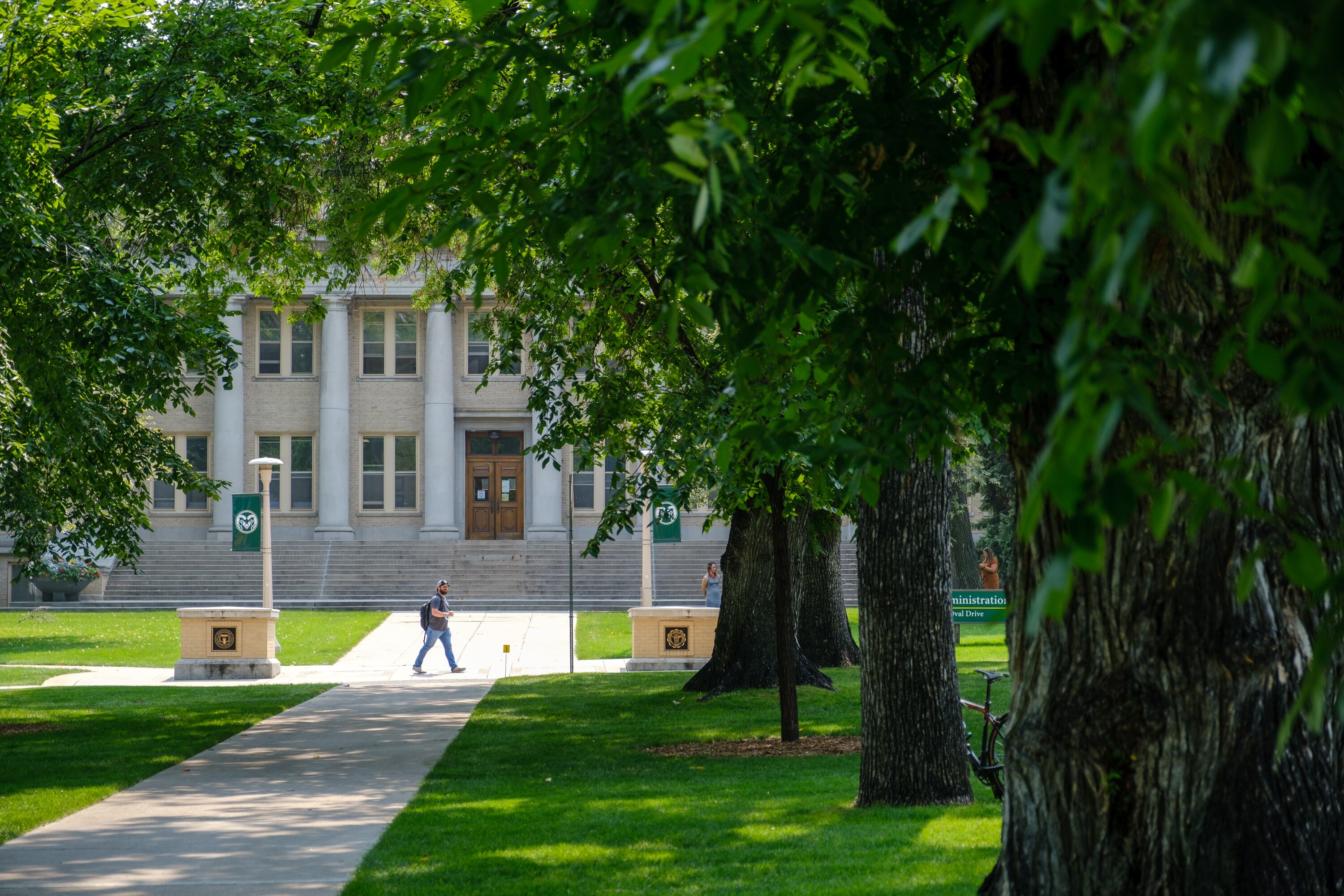Sign up for our free monthly newsletter Beyond High School to get the latest news about college and career paths for Colorado’s high school grads.
Colorado state leaders on Monday celebrated the first 300 students to receive an associate degree through a program meant to award students who earned at least 70 college credits but never finished their four-year degree.
Colorado is believed to be one of the first states in the country to offer this type of program, which was launched in 2021 through $1 million in pandemic relief funds.
The state estimates that more than 25,000 former college students statewide may be eligible for an associate degree under the Colorado Re-Engaged Initiative, or CORE. Several thousand students are also expected to become eligible to take part in the program each year, according to a news release from Gov. Jared Polis’ office.
“CORE is a great opportunity for Coloradans to get a degree and advance their careers,” Polis said in the release. “So many Coloradans who are forced by their circumstances to step away from education have invested so much time and money, yet don’t have the degree to reflect their hard work. I am proud that Colorado is providing students and institutions with the tools they need to help Coloradans get degrees and fill in-demand, good-paying jobs.”
So far, seven colleges and universities have participated in the program, including:
- Colorado State University Fort Collins
- Colorado State University Pueblo
- Fort Lewis College
- Metropolitan State University of Denver
- University of Northern Colorado
- University of Colorado Colorado Springs
- University of Colorado Denver
Western Colorado University plans to take part in the program starting this year.
The Bureau of Labor Statistics shows that students who have completed some college, but did not earn a degree make about $935 a week on average. Meanwhile, an associate degree increases weekly pay by about $70 more a week.
The governor’s office said the program also increases the number of Coloradans with a degree or certificate and helps them secure employment in higher paying careers. The program also may entice former students to return to college, the release says.
Lawmakers and school officials across the state have applauded the impact of the program.
Beth Myers, an associate vice chancellor at CU Denver, said it’s life-changing for students.
“I heard one graduate tell her mother that her coursework wasn’t for nothing,” Meyers said in the news release. “It was worth the investment.”
Jason Gonzales is a reporter covering higher education and the Colorado legislature. Chalkbeat Colorado partners with Open Campus on higher education coverage. Contact Jason at jgonzales@chalkbeat.org.







